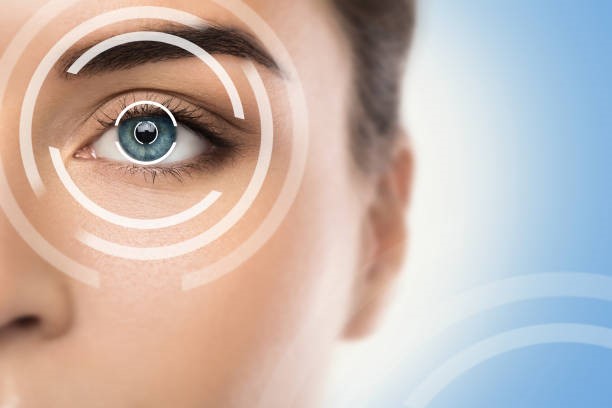Introduction
Vision health is an integral part of our overall well-being, yet it is often overlooked in discussions about health and wellness. The eyes are not just windows to the world but also a reflection of our general health. This blog aims to explore the crucial link between vision health and overall wellness, highlighting the importance of taking care of our eyes to maintain both physical and mental health.
Understanding Vision Health
Vision health encompasses the well-being of our eyes and the ability to see clearly. It involves preventing and managing common vision problems such as myopia, hyperopia, astigmatism, and more serious conditions like glaucoma and cataracts. Regular eye exam from an eye doctor cannot be overstated, as they help in early detection and treatment of these issues.
Common Vision Problems and Their Causes
- Myopia (nearsightedness): Difficulty seeing distant objects clearly.
- Hyperopia (farsightedness): Difficulty seeing close objects clearly.
- Astigmatism: Blurred vision due to an irregularly shaped cornea.
- Glaucoma: Increased pressure in the eye that can damage the optic nerve.
- Cataracts: Clouding of the eye’s lens, leading to decreased vision.
Regular visits to an optometrist help detect these conditions early, allowing for timely intervention and management.
Vision Health and Physical Wellness
Our vision plays a pivotal role in our physical activities and overall physical wellness. Good vision is essential for performing daily tasks, participating in sports, and leading an active lifestyle. Poor vision can lead to accidents, decreased productivity, and a lower quality of life.
Connection Between Vision Health and Chronic Conditions
Certain chronic conditions such as diabetes and hypertension can have a significant impact on vision health. Diabetic retinopathy, for example, is a common complication of diabetes that affects the blood vessels in the retina. High blood pressure can also cause damage to the blood vessels in the eyes, leading to vision problems.
Importance of Nutrition for Eye Health
A balanced diet rich in essential nutrients supports eye health. Nutrients such as vitamin A, C, E, zinc, and omega-3 fatty acids play a crucial role in maintaining good vision and preventing age-related eye conditions.
Vision Health and Mental Wellness
The connection between vision health and mental wellness is profound. Vision problems can lead to mental health issues such as stress, anxiety, and depression. Struggling with poor vision can affect one’s ability to work, socialize, and enjoy life, leading to a decline in mental well-being.
The Role of Vision in Cognitive Function Good vision is essential for cognitive function, particularly in children and older adults. Vision problems can hinder learning and development in children, while in older adults, they can contribute to cognitive decline and conditions like dementia.
Strategies for Maintaining Mental Wellness Through Vision Care
- Schedule regular eye exams with your optometrist to detect and correct vision problems.
- Use proper lighting to reduce eye strain.
- Take breaks during prolonged screen use to prevent digital eye strain.
Preventive Measures and Best Practices
Maintaining vision health involves adopting preventive measures and best practices:
Regular Eye Examinations Scheduling regular eye exams is crucial for early detection and treatment of vision problems. Adults should have their eyes examined at least every two years by an optometrist, while children and those with existing eye conditions may need more frequent check-ups.
Healthy Lifestyle Choices
- Diet: Consuming a diet rich in fruits, vegetables, and omega-3 fatty acids supports eye health.
- Exercise: Regular physical activity improves blood circulation, which is beneficial for the eyes.
- Protective Measures: Wearing sunglasses that block UV rays, using protective eyewear during sports or hazardous activities, and following workplace safety guidelines can prevent eye injuries.
The Role of Technology in Vision Care
Advances in technology have revolutionized vision care, offering better diagnostic tools and treatments. However, the increased use of digital devices poses new challenges for eye health.
Impact of Screen Time on Vision Health Prolonged screen time can lead to digital eye strain, characterized by symptoms like dry eyes, headaches, and blurred vision. To mitigate these effects, it’s important to follow the 20-20-20 rule: every 20 minutes, take a 20-second break and look at something 20 feet away.
Conclusion
Vision health is a vital component of overall wellness, affecting both our physical and mental health. By prioritizing eye care through regular exams, healthy lifestyle choices, and proper use of technology, we can maintain good vision and enhance our quality of life. Remember, taking care of your eyes is not just about seeing well but also about living well.
Book your next eye exam with a Doctor of Optometry from LMC



